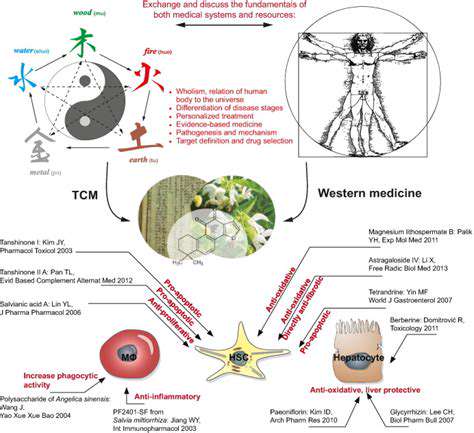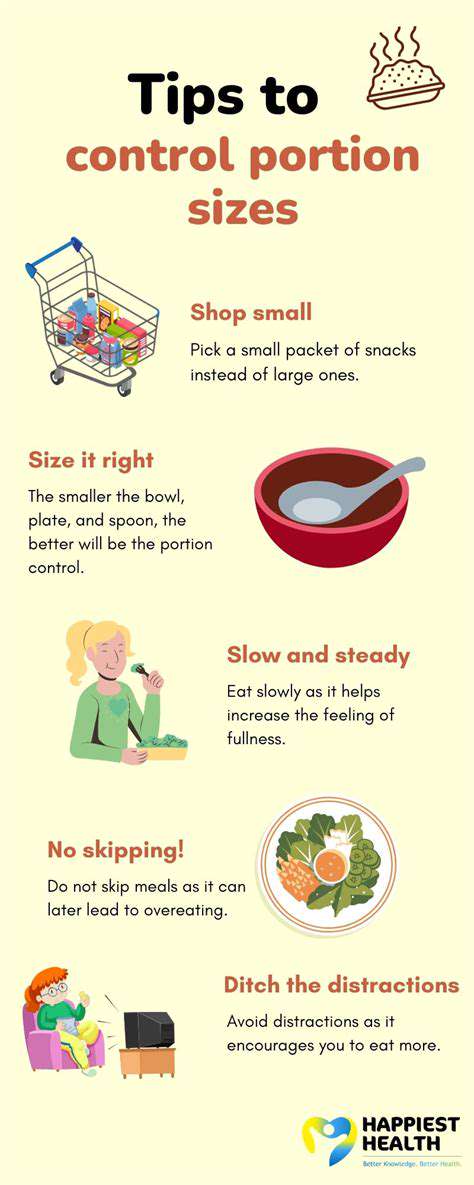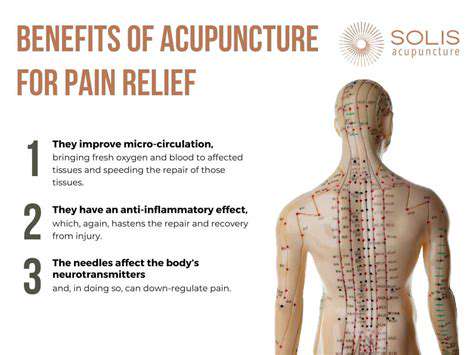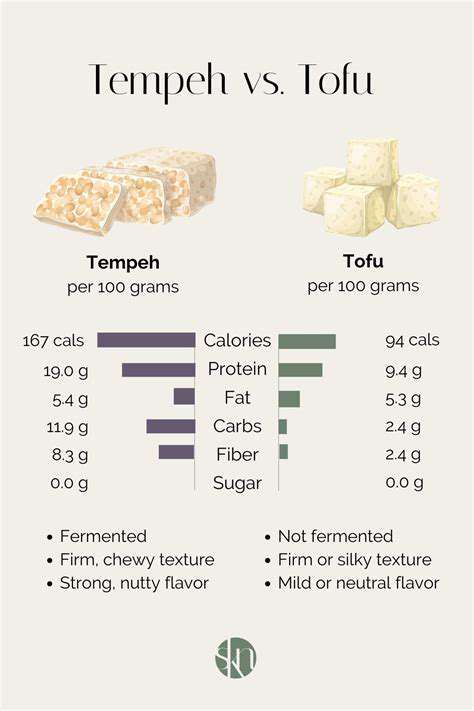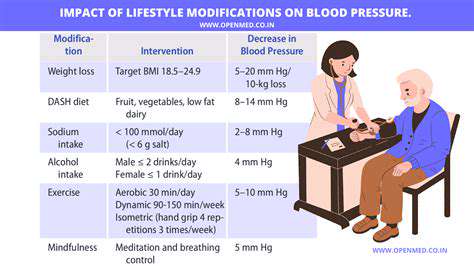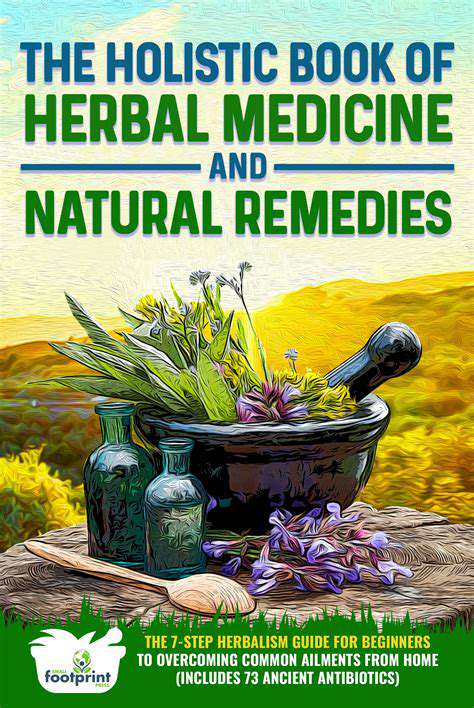Common TCM Herbal Formulas for Sleep
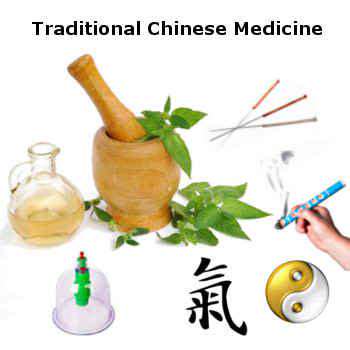

Specific Formulas for Different Sleep Challenges
Formulas for Insomnia
Insomnia, characterized by difficulty falling asleep, staying asleep, or experiencing poor sleep quality, is a common sleep challenge. Traditional Chinese Medicine (TCM) offers various herbal formulas tailored to address the root causes of insomnia. These formulas often focus on calming the mind and promoting relaxation, addressing imbalances in the body's energy flow (Qi), and supporting the body's natural sleep rhythm. Common ingredients include Zizyphus, Jujube, and Magnolia Bark, known for their calming effects. Since everyone's body responds differently, personalized treatment plans from a qualified TCM practitioner yield the best results.
Many insomnia formulas incorporate herbs with sedative properties that work together to promote relaxation and reduce anxiety - frequent contributors to sleeplessness. TCM takes a holistic approach, recognizing that sleep disturbances can stem from emotional stress, dietary imbalances, and environmental factors. A thorough evaluation helps identify underlying causes for a targeted treatment plan that addresses all contributing factors for lasting improvement.
Formulas for Restless Legs Syndrome
Restless legs syndrome (RLS) involves uncomfortable leg sensations that create an irresistible urge to move them. From a TCM perspective, RLS often relates to imbalances in liver and kidney energy affecting blood circulation. Formulas typically combine herbs that improve circulation, nourish these organs, and calm the nervous system. Danggui (Angelica Sinensis) enhances blood flow while Astragalus supports overall vitality and energy balance.
RLS formulas may also address accompanying symptoms like anxiety or pain. A qualified practitioner tailors treatment to the individual, focusing on restoring bodily harmony by improving circulation and reducing nerve irritability. Since RLS is complex, combining TCM with lifestyle changes often produces the best outcomes.
Formulas for Sleep Apnea
Sleep apnea involves breathing pauses during sleep, often linked to lung, kidney, and heart imbalances in TCM. Formulas typically strengthen lungs, nourish kidneys, and promote smooth energy flow using herbs like Astragalus for respiratory support and Rehmannia for kidney nourishment.
These formulas may also address contributing factors like inflammation or stress. While they support the body's natural breathing regulation, sleep apnea requires conventional medical care alongside TCM approaches. Always consult healthcare professionals before using TCM formulas for this serious condition.
A thorough TCM evaluation determines the most suitable formula and dosage for each individual. This approach addresses root causes while promoting overall health. Personalized treatment plans from qualified practitioners yield optimal results.
Important Considerations When Using TCM Sleep Formulas
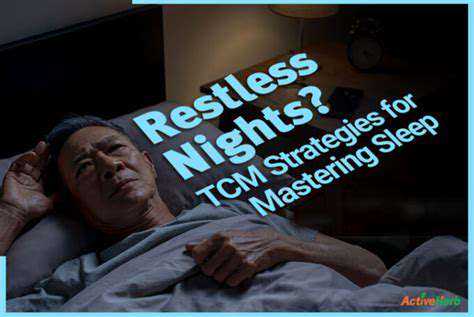
Choosing the Right Tools
Selecting appropriate tools requires careful consideration of budget, task complexity, and required features. Simple tools work for basic needs, while complex projects demand more sophisticated solutions. Proper research prevents costly mistakes and ensures optimal performance.
Different tools offer varying support levels and system integration. Understanding these differences helps streamline workflows and boost efficiency. The ideal tool meets specific needs while aligning with overall strategy.
Understanding Data Integrity
Maintaining accurate data is crucial for reliable results. Flawed data leads to poor analyses and misguided decisions. Implement strong validation procedures and ensure consistency across data sources.
Regular audits and backups protect against data loss. These measures safeguard information and maintain project reliability.
Addressing Potential Risks
Effective project management requires identifying and mitigating risks. Proactive strategies help anticipate and resolve issues before they escalate. Assess potential challenges that could impact timeline, budget, or quality.
Develop contingency plans for various scenarios. This preparation minimizes disruptions and keeps projects on track despite unforeseen circumstances.
Prioritizing User Experience
User-friendly design is essential for projects involving human interaction. Clear instructions, intuitive interfaces, and accessible support create positive experiences. This leads to higher satisfaction and adoption rates.
Conduct usability testing throughout development. User feedback identifies improvement areas for seamless experiences.
Ensuring Security Protocols
Robust security is vital for sensitive information. Protect data from breaches with encryption, multi-factor authentication, and secure storage.
Regular security updates defend against evolving threats. Staying proactive safeguards projects and users.
Managing Resources Effectively
Efficient resource allocation ensures project success. Careful planning optimizes use of time, personnel, and budget.
Monitor resource use and adjust as needed. This keeps projects on track and within budget throughout their lifecycle.
Evaluating Project Success
Define clear success metrics from the start. Track KPIs to measure progress and gain performance insights.
Regular reviews identify improvement areas. This iterative approach adapts to evolving project needs and objectives.
The Role of Lifestyle and Diet in Supporting Sleep
Lifestyle Factors Affecting Sleep
Consistent sleep schedules regulate your body's internal clock, improving sleep quality. Regularity signals when to sleep and wake, creating predictable patterns. Relaxing bedtime routines like reading or warm baths prepare the body for sleep.
Daily exercise benefits sleep, but avoid intense workouts before bed. Moderate daytime activity promotes better rest without causing nighttime alertness.
Dietary Influences on Sleep
Food choices significantly impact sleep. Heavy late meals cause discomfort and indigestion. Light dinners several hours before bed support restful sleep. Avoid caffeine and alcohol near bedtime to maintain healthy sleep cycles.
The Impact of Stress on Sleep
Chronic stress disrupts sleep through hormones like cortisol. Stress management techniques - meditation, deep breathing, or nature time - reduce stress and improve sleep. Pre-bed relaxation is essential for quality rest.
The Importance of a Relaxing Bedtime Routine
Calming pre-sleep activities signal winding down. Warm baths, gentle music, reading, or light stretching lower heart rate and blood pressure, creating sleep readiness.
The Connection Between Sleep and Overall Health
Quality sleep is vital for physical health, cognitive function, and emotional balance. Prioritizing sleep improves energy, focus, mood, and productivity. Sleep deprivation negatively affects work performance and relationships.
Addressing Sleep Disorders and Seeking Professional Help
Persistent sleep issues despite lifestyle changes warrant medical consultation. Conditions like insomnia, sleep apnea, or RLS require professional diagnosis and treatment. Healthcare providers can identify underlying causes and recommend appropriate interventions.

